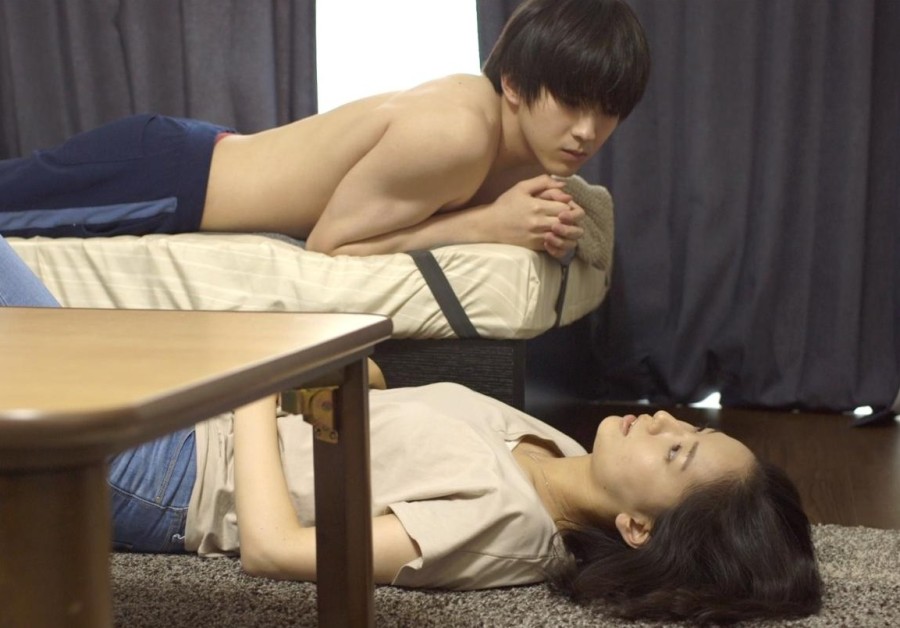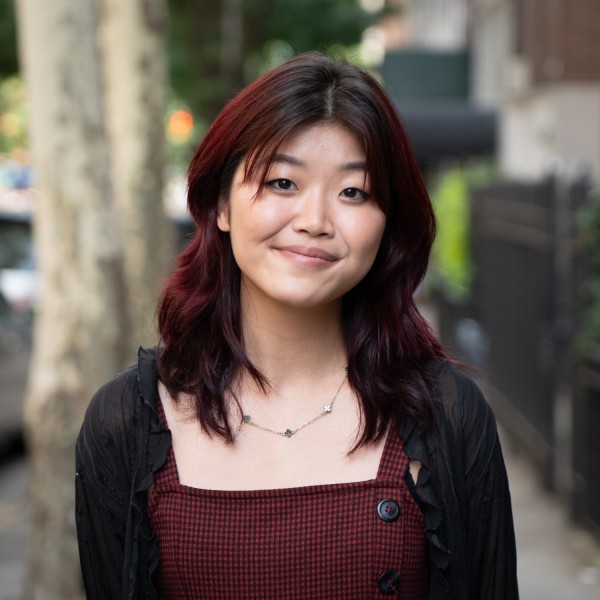Review: ‘Wheel of Fortune and Fantasy’ explores the beauty of fate
‘Wheel of Fortune and Fantasy,’ currently on view at Film Forum in the West Village, circles the ups and downs of love’s tumultuousness.
Academy Award-nominated director Ryusuke Hamaguchi’s film “Wheel of Fortune and Fantasy” is playing for a week at Film Forum in the West Village. It is based on the complexities and oddities of love and intimacy. (Image courtesy of Film Movement)
April 19, 2022
“Wheel of Fortune and Fantasy” is a patient, thoughtful rumination on the complexities and oddities of love and intimacy. Playing for a week at Film Forum in the West Village, the film is composed of three separate narratives in which Academy Award-nominated director Ryûsuke Hamaguchi explores the lives of three Japanese women and their entanglement in the peculiarities of romance.
The first of the three stories, entitled “Magic (Or Something Less Assuring),” follows Tsugumi (Hyunri) who, in an engrossing 10-minute single-take filmed in a moving car, talks to her best friend Meiko (Kotone Furukawa) and learns about the new man that she’s dating. The conversation that the two delve into is consistently intriguing, exploring such topics as the intimacy and eroticism of the spoken word. When Gumi suspects that the man her friend is talking about is her ex-boyfriend, she decides to reunite with him, and the audience watches as she lingers on her decision of whether to encourage her best friend and her ex-boyfriend to move on together, or deliberately interfere in their blossoming relationship.
Gumi delivers a particularly complex, dimensional performance in the first of these three stories aided by the nuanced, deftly written script. “Magic (Or Something Less Assuring)” manages to avoid the otherwise well-trodden storyline about a predictably vengeful ex-girlfriend instead becoming something unexpectedly heart-wrenching to watch. The camera work itself is minimalistic, and the whole short is filmed in only three main locations. The primary focus is then concentrated less on the visual aspects of the film, but rather the dialogue.
Following that is “Door Wide Open,” which explores the story of Nao (Katsuki Mori) who helps her friend with benefits, Sasaki (Shouma Kai), get revenge on his professor, Segawa (Kiyohiko Shibukawa), after he is prevented from advancing to his next level of studies. Nao attempts to seduce the professor into a honeytrap to ruin his academic reputation by reading an erotic chapter from his own book, before an ironic twist occurs that entraps both parties.
Despite being the weakest of the three stories, the dialogue in “Door Wide Open” is as strongly written as the rest. Hamaguchi crafts long, lingering takes that leave the audience with enough time to sit with the ideas of intimacy and human connection explored by the vignette.
The third episode, “Once Again,” is the best of the triptych. It is a gorgeously written story, rich with poignancy in which the central tragedy is the interminable current of time. Natsuko (Fusako Urabe) attends a high school reunion and meets with Aya (Aoba Kawai), who she believes to be her first love, and the two embark upon a touching exploration of their respective pasts.
Natsuko’s story is about the mark that people leave on each other. Hamaguchi celebrates how lucky it is to have loved and lost, and how the connections and relationships that we form shape our identities and make us who we are. In a remarkable moment from the short story, both characters perform short skits where they act out the role of figures from their pasts, recalling the same famous scenes from “In The Mood for Love” by Wong Kar-Wai. By coincidence and fortune, as the title of the overall film suggests, these two characters help each other heal and develop a profound bond that, in spite of its short runtime, is deeply resonating.
“Wheel of Fortune and Fantasy” is ultimately a love letter to the beauty of entropy, with each self-contained story driven by coincidence and the vicissitudes of fate. Playing for a week in New York, Hamaguchi’s beautifully and delicately written contemplation on the nature of human desire and connections is a must-watch on the big screen.
Contact Stephanie Wong at [email protected].
























































































































































